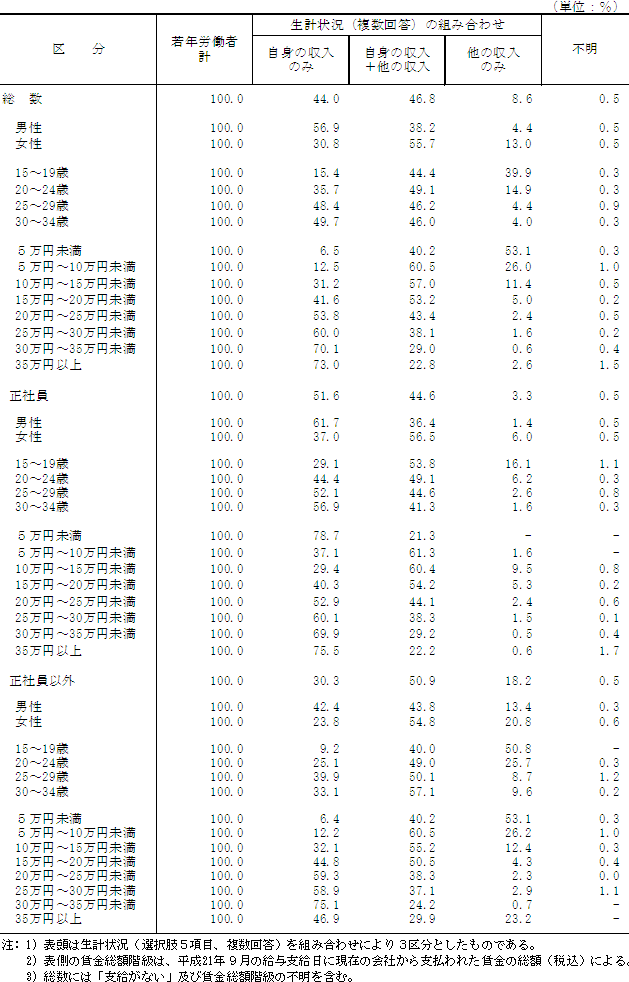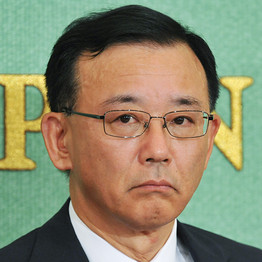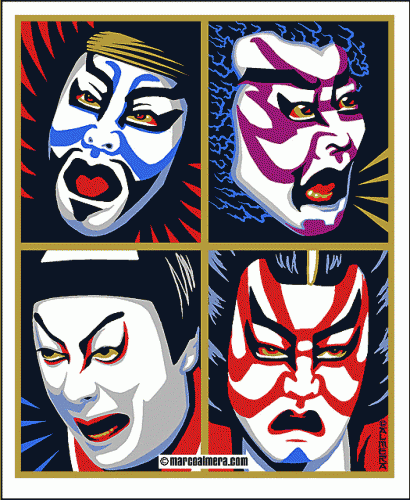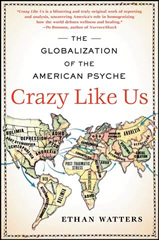Via Andrew Sullivan, a terrible, terrible example of punditry asking if the US is on the verge of a Japan style “lost generation,” which includes the following particularly wretched paragraph, in which John B. Judis of The New Republic shows he knows nothing about Japan:
If you want to imagine what American politics will be like, think about Japan…. Japan had a remarkably stable leadership from the end of World War II until their bubble burst in the 1990s. As the country has stumbled over the last two decades, unable finally to extricate from its slump, it has suffered through a rapid of succession of leaders, several of whom, like Obama, have stirred hopes of renewal and reform, only to create disillusionment and despair within the electorate…. That kind of political instability is both cause and effect of Japan’s inability to transform its economy and international relations to meet the challenges of a new century.
Judis here is making a fundamental mistake of confusing Japan’s Liberal Democratic Party majority rule, which began in 1955 and was nearly continuous until last year, with the longevity of Prime Ministers. Needless to say, anybody with even a passing familiarity with post-war Japan is well aware that despite the LDP’s “remarkably stable” monopoly on power, there was far less than “remarkably stable leadership” in the office of the Prime Minister.
Taking a look at the list of PM’s and how many days each of them served, it is obvious that not only were extremely short lived administrations far more common than longer ones throughout the entire postwar period, but that the Junichiro Koizuimi term of 2001-2006 (a total of 1,979 days) was the third longest since WW2, and the longest since Eisaku Satō, who was PM between 1964 and 1972.
Since his factual premise is so obviously false (and I have to run to campus soon) I will not even bother to get into analyzing his equally spurious claim that this “rapid of succession of leaders […] like Obama, have stirred hopes of renewal and reform, only to create disillusionment and despair within the electorate,” much less looking at how crappy his analysis of US politics probably is, but please do fire away in the comments!




 “cultural” export? His answer is yes, and describes how, in treating symptoms that are believed in American culture to be “mental sickness,” we replace some symptoms that are in fact cultural characteristics in other societies. He ends up spending much of his six minutes on the Daily Show interview talking about Japan and criticizing the American “export” of mental health treatment to Japan. He says:
“cultural” export? His answer is yes, and describes how, in treating symptoms that are believed in American culture to be “mental sickness,” we replace some symptoms that are in fact cultural characteristics in other societies. He ends up spending much of his six minutes on the Daily Show interview talking about Japan and criticizing the American “export” of mental health treatment to Japan. He says: